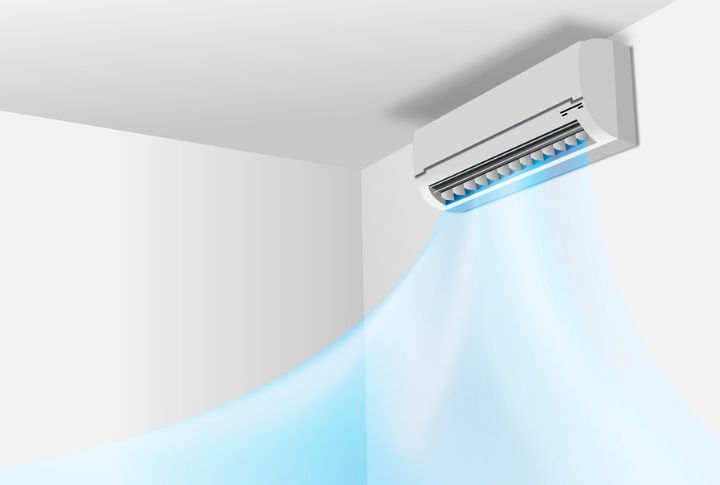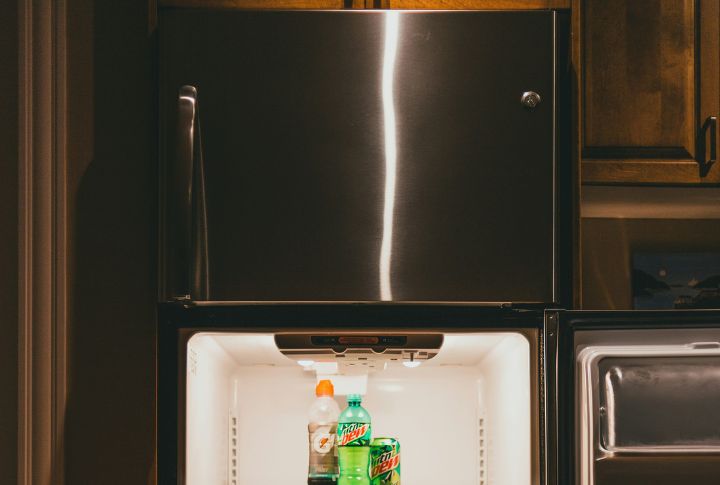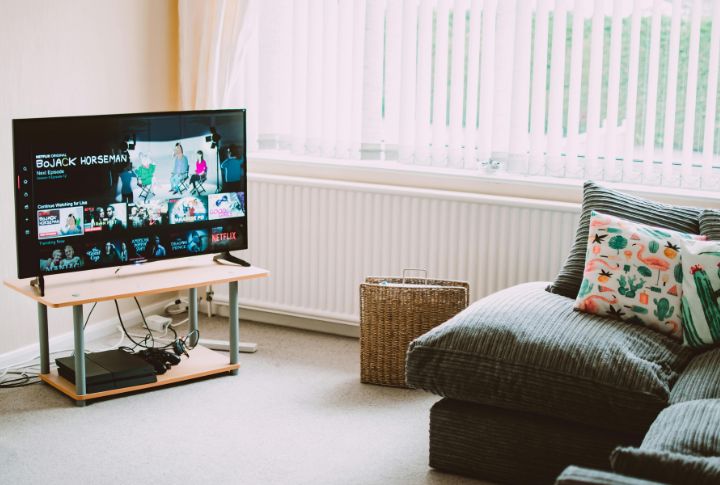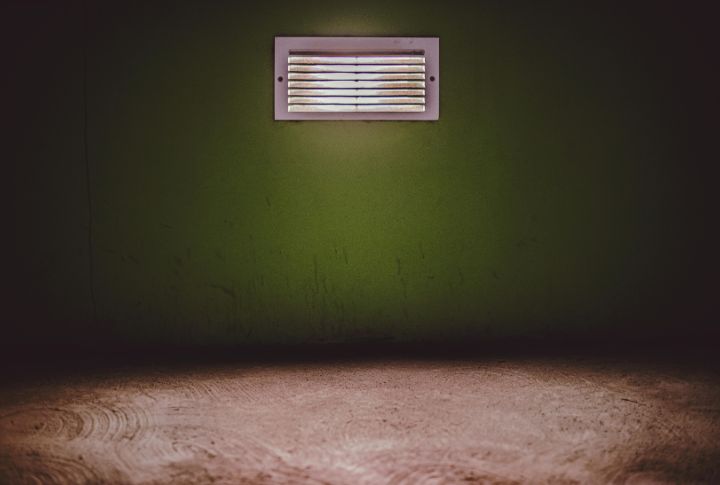
It always starts the same way: a slightly higher number on the electric bill that you brush off as a one-time spike. But then, the next month rolls around, and that number climbs again. Before you start accusing your fridge of secret midnight raves, let’s talk about 10 habits that boost your bill without waving a giant red flag.
Cranking Up The Thermostat In Winter

To lower both your heating bill and environmental impact, keep your thermostat at 68°F while you’re home and awake and reduce it slightly when you’re asleep or away. In America, heating accounts for about 29% of the average home’s energy use, and it’s high time to give your budget this well-deserved break.
Overusing Air Conditioning

If your AC is running when no one’s home or working double-time to cool rooms you never use, you’re basically donating cash to the electric company. Fix this by investing in a programmable or smart thermostat. These clever gadgets learn your habits and fine-tune the temperature, meaning your system isn’t running when no one’s home.
Not Enabling Power-Saving Settings On Your Devices

Enabling sleep or hibernate modes on computers and monitors can reduce energy use by up to 70% compared to leaving them fully powered on. The ENERGY STAR program notes that if every U.S. home enabled these settings on just one computer, the country could save more than $100 million in annual energy costs.
Running Appliances During Peak Hours

You can lower your electric bill just by shifting when you run your appliances. That is because most utility companies in the U.S. operate on time-of-use (TOU) pricing, which means electricity costs more during high-demand periods (between 2 p.m. and 8 p.m.). So next time, stack your chores strategically for noticeable savings.
Using Outdated Appliances That Aren’t Energy Efficient

Let’s talk about that trusty old fridge humming away in your garage or the vintage dryer that’s been with you since college. While they may still work, they were made using outdated energy standards that weren’t designed with efficiency in mind. At this point, the smartest move would be to upgrade your most frequently used appliances to ENERGY STAR-rated models.
Not Using Natural Light During The Day

Many people overlook the power of natural light, opting instead to flip switches out of habit. But here’s the thing—daylight is free. And it’s not just about turning off lights. By simply opening blinds or rearranging furniture to let sunlight in, you can brighten your home naturally and cut down on unnecessary electricity use.
Leaving Electronics On Standby

Standby power makes up 5% to 10% of the electricity used in a typical American home, as per the U.S. Department of Energy. That can translate to as much as $100 per year in unnecessary energy costs. So what can you do? Start small by unplugging devices when they’re not in use.
Blocking Air Vents With Furniture Or Clutter

When vents are blocked, your heating and cooling system can’t push air around the house like it’s supposed to. Luckily, the fix is pretty easy: make sure all your vents have space to breathe. Plus, try not to place large furniture directly in front of them, even if it’s just a few inches away.
Ignoring Your HVAC Filter

Changing your HVAC filter ranks somewhere between organizing junk drawers and watching paint dry on the excitement scale. But a dirty filter delivers uneven temperatures, bad air quality, and allergy flare-ups that no one asked for. Add in the higher energy bill, and it makes perfect sense why you should replace it at least every three months.
Taking Long, Hot Showers

There’s no denying the joy of a long, hot shower. However, water heating is the second-largest energy expense in most U.S. homes, soaking up about 18% of your total utility bill. And if you’re relying on an electric water heater, every extra minute under that hot stream adds up fast.

